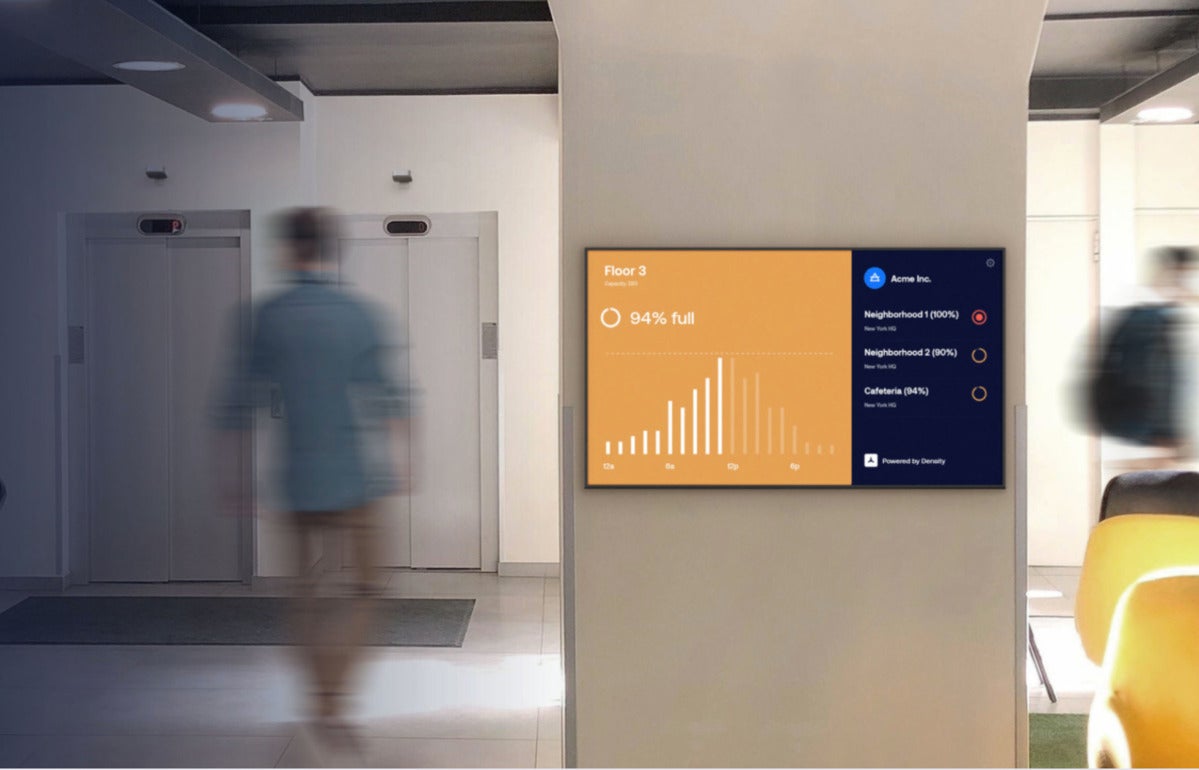
Top 5 Affordable Cybersecurity Tools Every Small Business Should Be Using in 2025
November 17, 2025
How Green IT and Cloud Optimization Reduce Costs and Carbon Footprints
November 24, 2025Sustainability is no longer just about recycling or reducing paper use. In 2025, it’s about smarter operations, optimized technology, and long-term efficiency. Across every industry, businesses are realizing that sustainable IT practices aren’t just good for the planet — they’re good for business.
From cutting energy costs and extending hardware life to improving compliance and brand reputation, sustainable IT has evolved from a moral choice into a strategic advantage. At Alpha, we help organizations align technology with environmental and operational goals — building efficient, responsible systems that perform better and cost less.
The Shift Toward Sustainable IT
In today’s digital world, technology powers nearly every business process. But it also consumes significant energy, creates electronic waste, and requires constant upgrades.
As cloud adoption, remote work, and data demands grow, companies are taking a closer look at their IT footprint — not only to meet sustainability goals but to reduce expenses and build resilience.
Sustainable IT means making technology decisions that minimize waste, improve efficiency, and maximize longevity. It’s about doing more with less — and being smarter about how technology supports growth.
Why Sustainability Is Now a Business Imperative
The global focus on sustainability is reshaping business strategy. Governments, investors, and customers increasingly expect companies to operate responsibly. But beyond compliance and reputation, there are measurable advantages to sustainable IT practices:
1. Reduced Operating Costs
Energy-efficient hardware, cloud optimization, and automated monitoring directly reduce power consumption and utility bills. Over time, small efficiency gains lead to significant financial savings.
2. Extended Equipment Lifespan
Regular maintenance, proper configuration, and responsible hardware recycling extend the usable life of IT assets — reducing capital expenses and electronic waste.
3. Improved System Performance
Optimizing servers, storage, and networks improves not just sustainability but productivity. Efficient systems experience fewer slowdowns, less downtime, and better ROI.
4. Enhanced Reputation and Compliance
Organizations demonstrating environmental responsibility gain trust from clients and stakeholders. Many industries now include sustainability metrics in procurement, compliance, and partnership requirements.
5. Future-Proofing and Innovation
Sustainable IT isn’t about limiting progress — it’s about enabling it. By streamlining systems, companies become more agile, scalable, and prepared for future technology shifts.
Practical Ways to Implement Sustainable IT
Becoming more sustainable doesn’t require massive change all at once. Here are key steps that businesses — especially small and midsize organizations — can take today:
Optimize Cloud Usage
Cloud technology can be highly efficient when managed well. Consolidating workloads, right-sizing virtual machines, and choosing providers with renewable energy commitments all reduce environmental impact.
Virtualize and Consolidate Systems
By virtualizing servers and consolidating infrastructure, companies use fewer physical machines, saving both power and cooling costs while simplifying maintenance.
Automate Power Management
Modern operating systems and monitoring tools can automatically power down idle equipment, adjust performance settings, and reduce unnecessary energy draw.
Implement Lifecycle Management
Track and manage IT assets from purchase to retirement. Responsible disposal, recycling, and reuse programs help eliminate e-waste while maximizing asset value.
Partner with Sustainable IT Providers
Working with a managed services partner like Alpha ensures that your systems are monitored, maintained, and optimized for both performance and sustainability — without the added burden on your internal team.
Alpha’s Approach to Sustainable IT
At Alpha, sustainability and efficiency go hand in hand. Our managed services, consulting, and strategic planning all focus on optimization — helping clients reduce waste, improve performance, and align technology with long-term business goals.
We assist organizations in:
- Consolidating and modernizing IT infrastructure
- Reducing redundant systems and unnecessary hardware
- Automating maintenance and monitoring for consistent efficiency
- Implementing cloud strategies that minimize energy usage
- Planning responsible hardware upgrades and recycling programs
These practices not only reduce your environmental footprint but also improve reliability, lower costs, and build a stronger foundation for growth.
The Competitive Advantage of Sustainable IT
Sustainable IT isn’t a trend — it’s a smarter way to do business. Companies that adopt environmentally responsible technology practices stand out to clients, investors, and employees alike. They operate more efficiently, adapt faster, and demonstrate leadership in a changing world.
In an economy where sustainability, security, and efficiency are intertwined, Alpha helps businesses turn IT from a cost center into a catalyst for positive impact.
Because when your technology runs smarter, your business — and the planet — both win.




